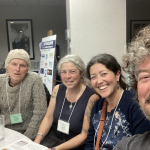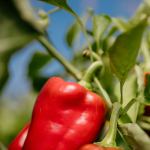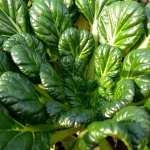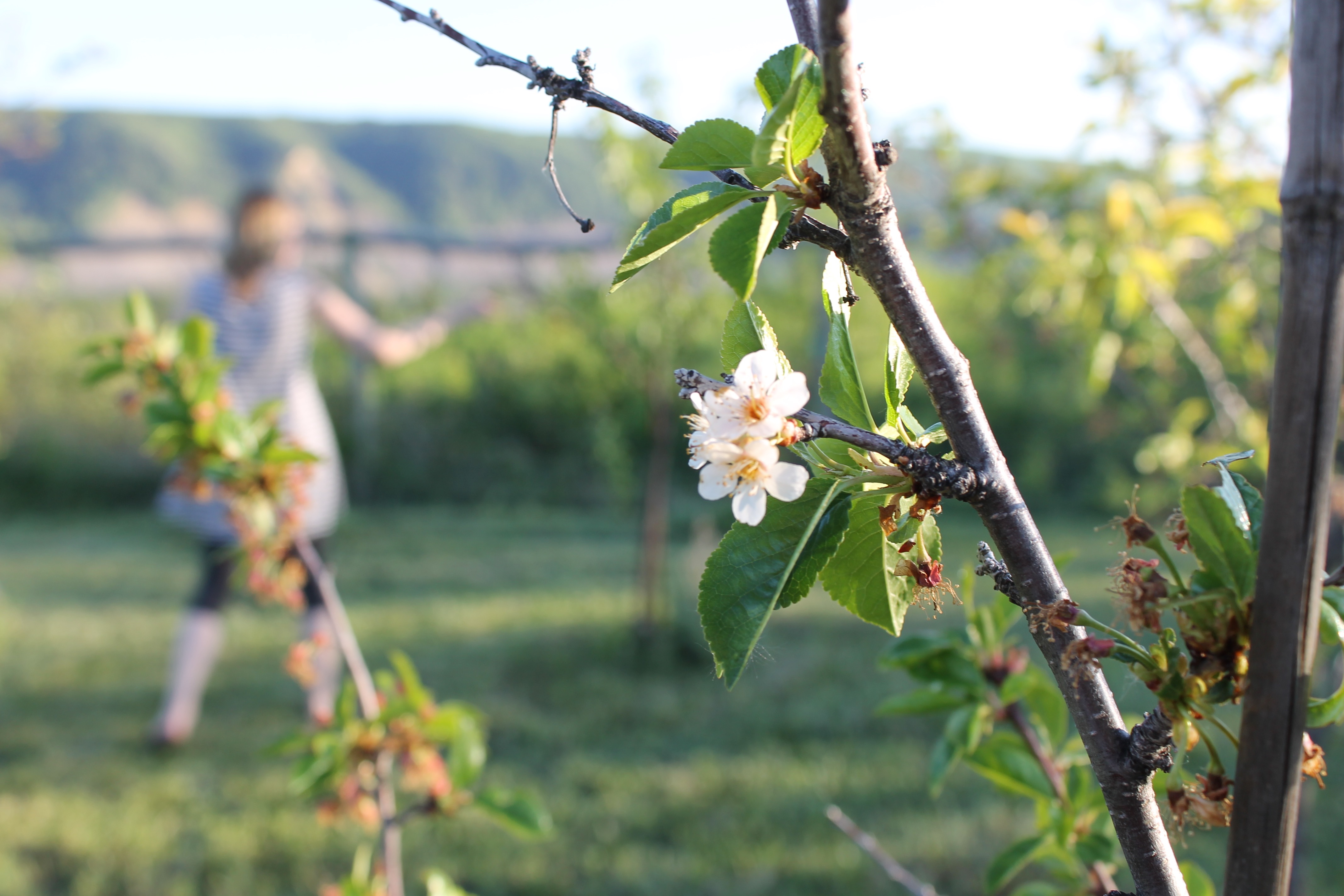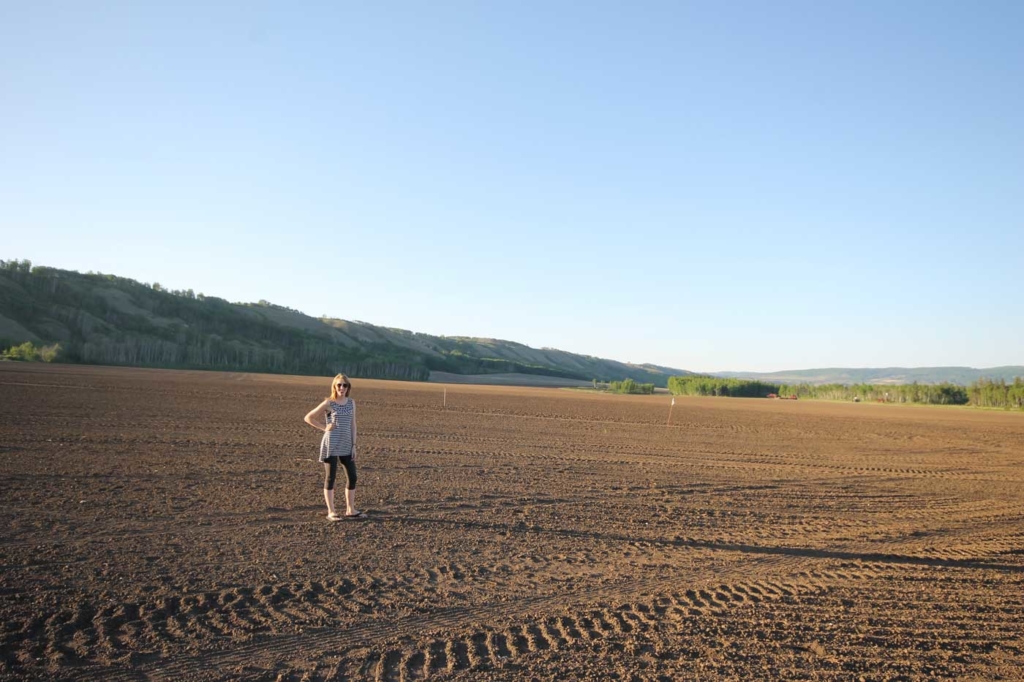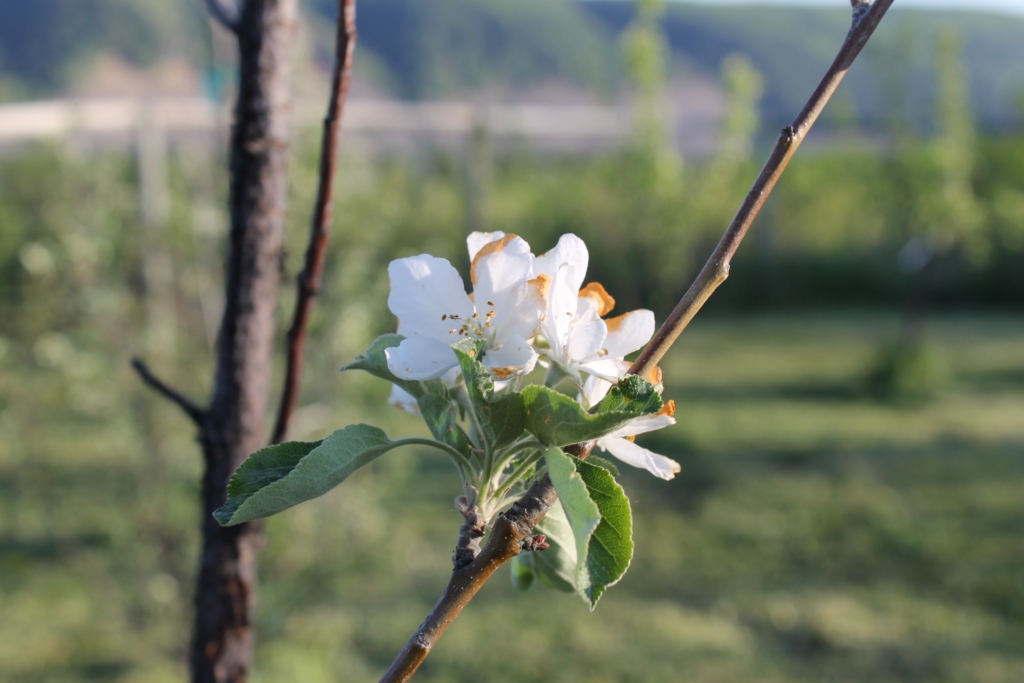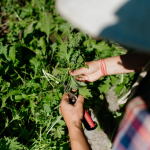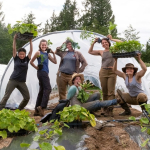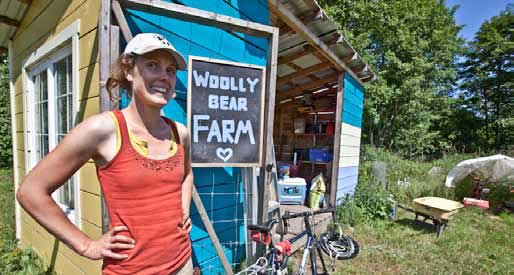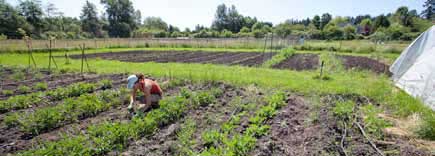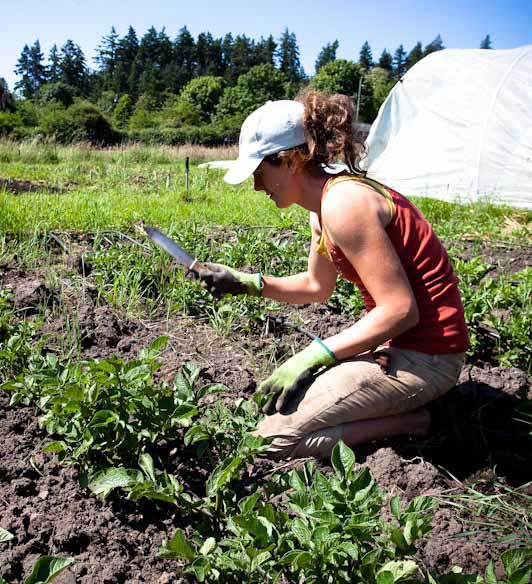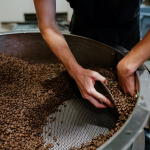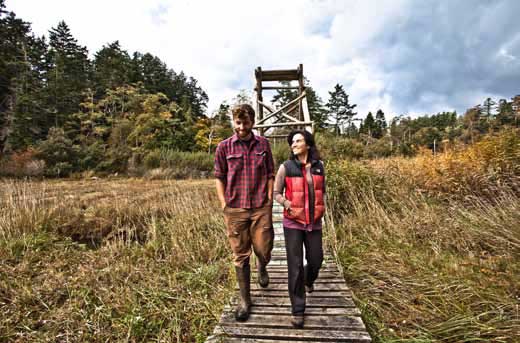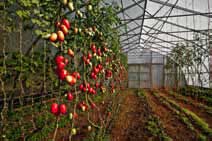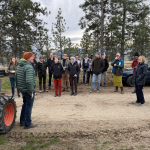Organic Certification at Golden Ears Farm
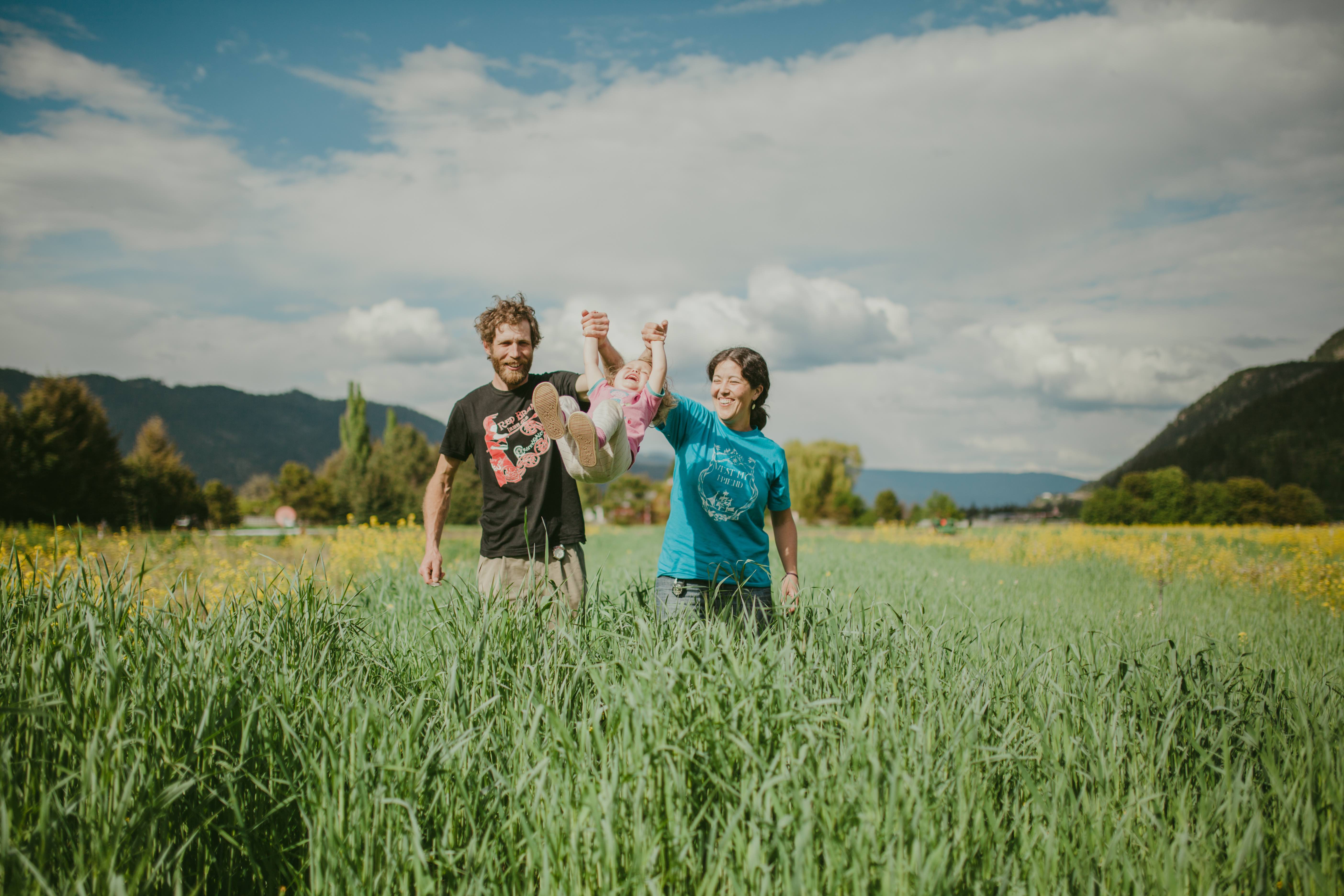
Michelle Tsutsumi
Community members who visit local farmers’ markets are increasingly asking food growers very pointed questions such as, “Are you organic?” We hear that at least once every market – and it’s so much simpler to be able to answer with a clear “yes!”
Once we decided to engage in the organic certification process, it was a full-on commitment from everyone at Golden Ears Farm to compile the necessary information. It was an enjoyable exercise in learning about the historical context of the land – what had been planted before, for how long, and in what capacity. It also felt like coming full circle, as the farm had been certified organic in the past and was returning to it two decades later. Going through the process has been informative and inspiring for us to better our animal husbandry, crop planning, and record keeping.
Certification doesn’t mean that we’ve made it and now we can coast. Being certified organic provides the public with a commitment to uphold the minimum standards, and doesn’t hold food growers back from going beyond that. We are always looking for ways to grow food more ethically, both for the people involved and the land that we are on. We want to take care of this land (and water!) and acknowledge all that it provides for us.
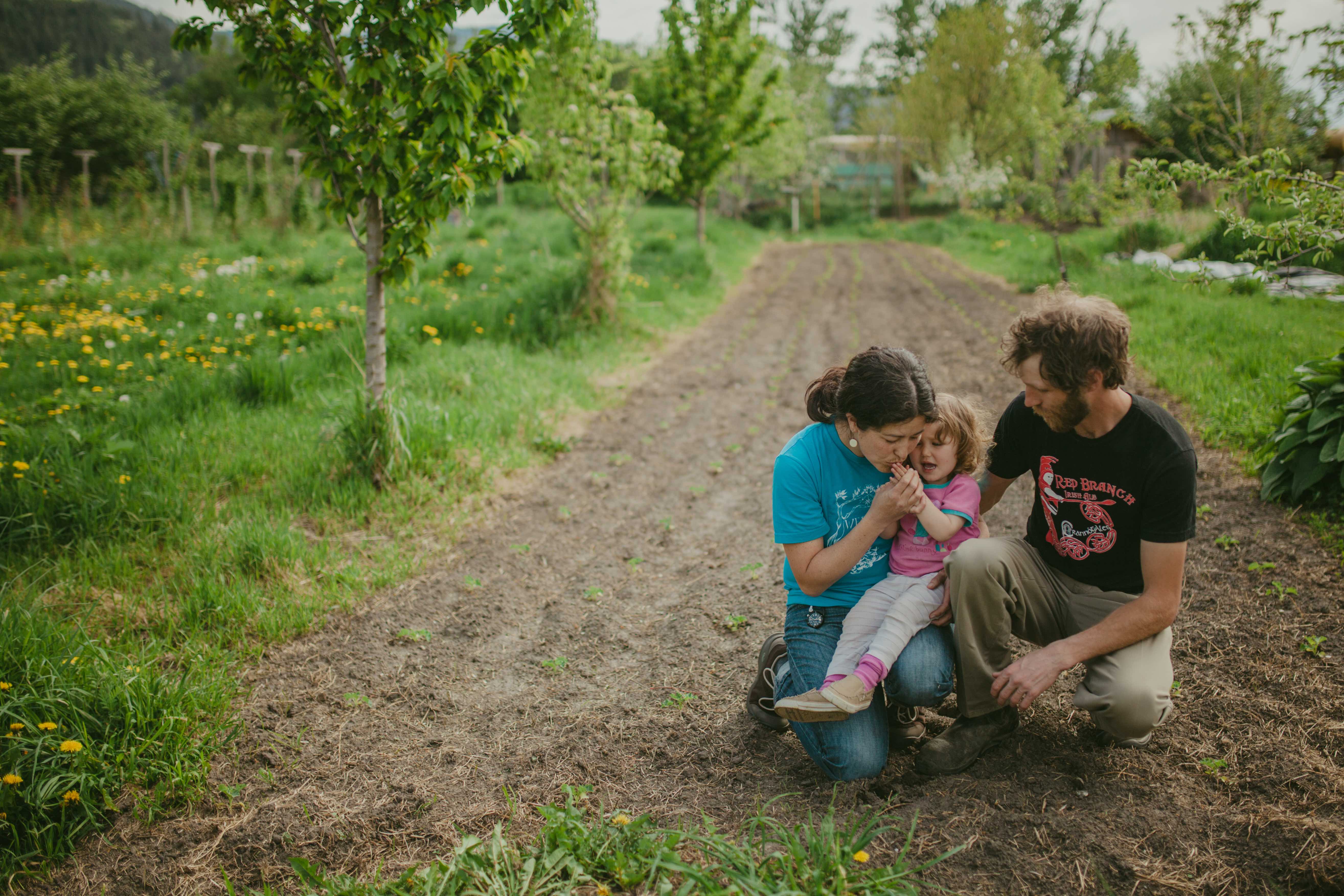
The most meaningful part of the organic certification process has been the supportive and knowledgeable community that we’ve joined. The depth and diversity of knowledge amongst organic growers and processors in BC is phenomenal. And the amazing thing is that the overall atmosphere is one of collaboration and cooperation. Our regional certifying body hosts regular meetings with information sessions and discussions, and the annual conference hosted by the COABC is both a networking haven and time to geek out about agro-ecology (a winning combination).
A comment we hear frequently is that the certification process is too expensive. The base fee that goes to our certifying body is reasonable when one considers that it covers the administration of files and an annual site visit. COABC’s sliding scale membership is also incredibly fair, being based on gross annual organic sales. Our certification fees are less than 5% of our organic income, whether you look at gross or net income.
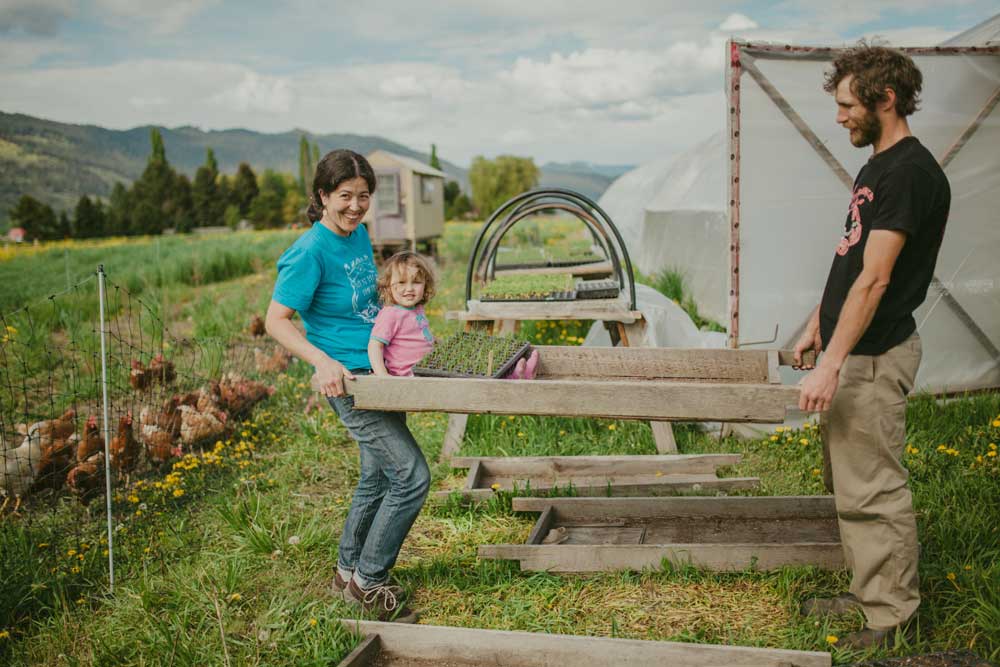
When considering certification fees, it is also important to recognize the tireless efforts of this grassroots, non-profit organization in advocating for organics on a provincial level. The COABC has helped BC be at the forefront of organic standards in Canada and has been dedicated to educating the public about organics and non-GMO growing. Golden Ears Farm sees the fees as being a public commitment to, and investment in, the values and philosophy of organic agro-ecology: supporting sustainable health and productivity of the ecosystem, growing food in an environmentally regenerative and socially responsible way, feeding the soil and promoting biodiversity.
At the beginning of the process, three years felt like a long time to become fully certified, and yet, here we are – in year three – and it has flown by. Some of our fields were considered certified in the first year; however, having the three years to become completely certified has allowed us to really settle into organics and the community that surrounds it.
We are grateful for the learning we have enjoyed through this process (even the rough times, which is often when the best learning takes place) and love the good people and friends that we have come to know through organics. Without a doubt, the choice to certify organic was a solid and indefatigable one.
Michelle Tsutsumi is a part of Golden Ears Farm in Chase, BC, looking after the market garden, 15-week CSA Program, and events with her partner Tristan Cavers and daughter Avé.
All photos: Abbie Wilson


